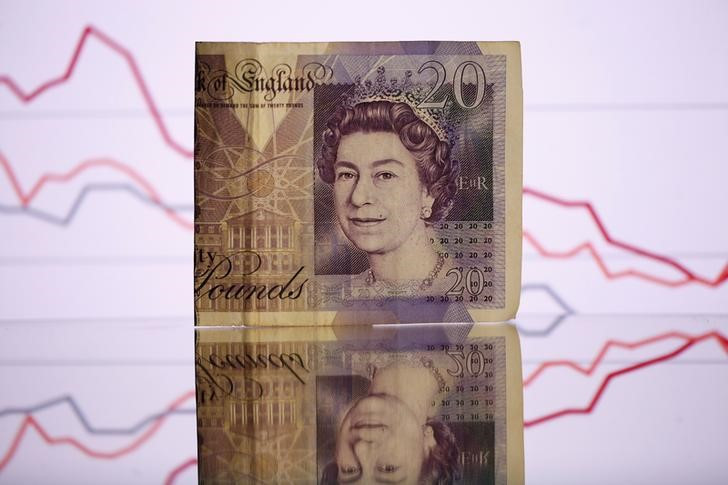
The pound can be confused by the problem of negative rates that the Bank of England is facing. At the moment, the pound is looking for growth opportunities, but there are fewer of them. Analysts say that the indicated currency has almost no trump cards left, which is worsened by the high probability of a "no-deal" Brexit.
Britain's economy will be greatly affected by Brexit without a deal. Experts believe that the pound will suffer the most if the trade deal with the countries of the European bloc is canceled, which could decline from 1.7% to 4.7% in the GBP/USD pair. Moreover, they cannot exclude the possibility of a decline to the critical level of 1.2300, although it is currently far from these indicators. Today, the GBP/USD pair is trading near the range of 1.2928-1.2929, trying to consolidate at this level. According to economists, there will be a problem with economic stability if both parties do not compromise and prolong the transition period, which ends on December 31, 2020.
A key role in this issue is played by BoE's potential introduction of negative rates. This probability increases in case of a chaotic Brexit or a sharp deterioration in the COVID-19 situation. If this scenario is implemented, the lower yield limit on 10-year government bonds, which is currently at 0%, will be lifted. Experts estimate the probability of introducing negative rates in November as low, but do not exclude this in the medium term. A full transition to zero rates (a reduction of 10 bps) is also unlikely, but this option should not be ruled out.
Next year, the Bank of England may move to negative rates, although many experts believe that the regulator will delay this decision until the last moment. Moreover, the department is not sure of the sufficient effectiveness of the new measure, so the monetary authorities are not in a hurry to move into the negative zone. Much will depend on the establishment of trade relations with the EU as well as the situation with COVID-19.
It should be noted that the pound is not surprised by negative rates, although it is risky. Based on preliminary calculations, negative rates of -0.25%, along with additional quantitative easing in the amount of £ 100 billion, will significantly affect the fair value of 10-year government bonds. As a result, the lower limit of the yield on government securities, which is at the level of 0%, will disappear. Against this background, the fair value of 10-year government bonds will be at a low of -0.20% by mid 2021.
Economists draw attention to the most important fact related to BoE's possibility of introducing negative rates. In the current situation, the circumstances under which they are implemented are very important. The "core" of such a decision is the likelihood of a "hard" Brexit. If this happens, the pound may suffer much more than from the direct introduction of negative rates. Analysts are unanimous about the extremely negative impact of a no-deal Brexit on its further dynamics; nevertheless, we can say that Brexit without a deal will affect the pound more compared to the impact of negative rates.
Moreover, negative rates are already embedded in the pound's dynamics, which is considered by the market. If such a decision is made, it will not come as a surprise to traders and investors. What's vital for the pound is the reason for the rate cut, which lies in the no-deal Brexit. The implementation of such a scenario entails a number of devastating consequences: a decline both in mutual trust and prospects for the British economy, a decline in the rate of economic growth in the country and future labor productivity. The lack of a compromise between London and Brussels will hit the fair value of the pound, which will lead to its collapse in the medium and long term.
In turn, the predictability of a "hard" Brexit does not negate a possible shock to the British economy. Such an outcome may temporarily paralyze the market, which will take a long time to recover. At the same time, the negative consequences for the GBP is caused by the rate cut, in view of shocks provoked by the UK's withdrawal from the Eurobloc. Thus, experts conclude that a possible rejection of the trade agreement will be fatal for the pound, and breaking through the downward trend will be long and difficult.
 English
English 
 Русский
Русский Bahasa Indonesia
Bahasa Indonesia Bahasa Malay
Bahasa Malay ไทย
ไทย Español
Español Deutsch
Deutsch Български
Български Français
Français Tiếng Việt
Tiếng Việt 中文
中文 বাংলা
বাংলা हिन्दी
हिन्दी Čeština
Čeština Українська
Українська Română
Română

